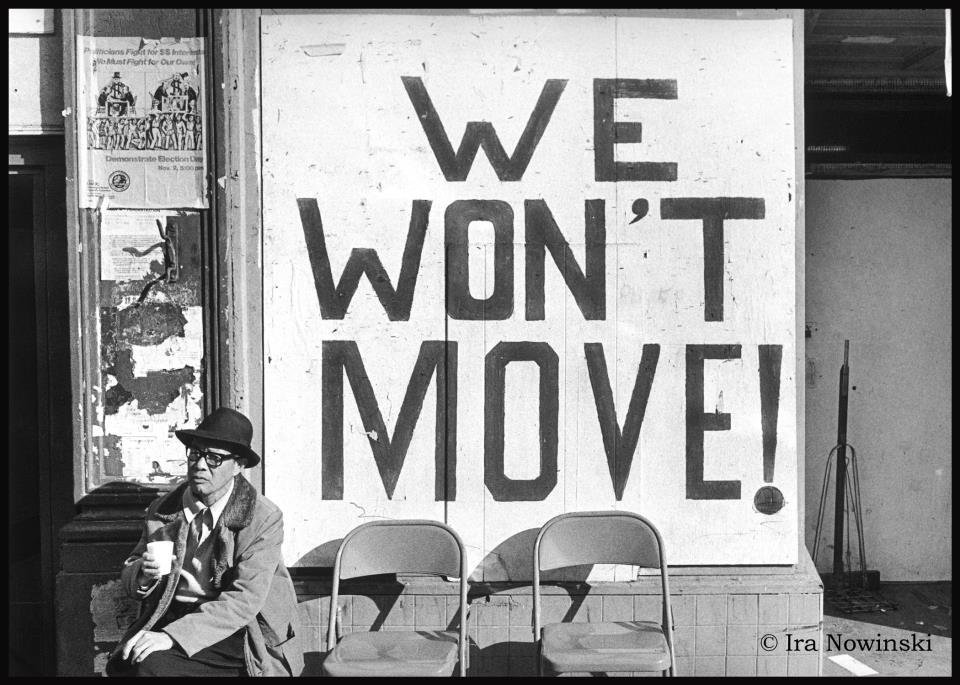Participle Clauses

There are three kinds of participles in English: present participle,
past participle and perfect participle.
The Present Participle is the ing-form. You surely know this form:
- from progressive / continuous tenses – I am speaking.
- as an adjective form – The film is interesting.
- as a gerund – He is afraid of flying.
The present participle can be used to shorten or combine active clauses that have the same subject, e.g.
She left the house and whistled. – She left the house whistling.
The Past Participle is the participle that you find in the third column of lists with irregular verbs. You surely know this form:
- from perfect tenses – I have spoken.
- from passive voice – The letter was written.
- as an adjective form – I was bored to death.
The past participle can also be used to shorten or combine passive clauses that have the same subject, e.g.
The boy was given an apple. He stopped crying. – Given an apple, the boy stopped crying.

The Perfect Participle can be used to shorten or combine clauses that have the same subject if …
- … one action (the one where the perfect participle is used) is completed before the next action starts, e.g.
She bought a bike and cycled home.
Having bought a bike, she cycled home.

- … one action has been going on for a period of time when another action starts, e.g.
He had been living there for such a long time that he didn’t want to move to another town.
Having lived there for such a long time, he didn’t want to move to another town.

The perfect participle can be used for active and passive voice.
- active voice: having + past participle (Having cooked, he set the table.)
- passive voice: having been + past participle (Having been cooked, the food looked delicious.)
Points to remember
- A participle is a verbal ending in -ing (present) or -ed, -en, -d, -t, -n, or
-ne (past) that functions as an adjective, modifying a noun or pronoun.
- A participial phrase consists of a participle plus modifier(s), object(s), and/or complement(s).
- Participles and participial phrases must be placed as close to the nouns or pronouns they modify as possible, and those nouns or pronouns must be clearly stated.
A participial phrase is set off with commas when it:
a) comes at the beginning of a sentence
b) interrupts a sentence as a nonessential element
c) comes at the end of a sentence and is separated from the word it modifies.
The meaning and use of participle clauses
Condition, reason, result or time
CONDITION (in place of an if-condition):
Looked after carefully, this coat will keep you warm through many winters.
Compare: If you look after it carefully, this coat will keep you warm through many winters.
REASON (in place of words like so or therefore):
Wanting to speak to him about the contract, I decided to arrange a meeting.
Compare: I wanted to speak to him about the contract so I decided to arrange a meeting.
RESULT (in place of words like because or as a result):
I had no time to read my book, having spent so long doing my homework.
Compare:
I had no time to read my book because I had spent so long doing my homework.
TIME (in place of words like when, while or as soon as):
Sitting at the cafe with my friends, I suddenly realised that I had
left the oven on at home.
Compare:
While I was sitting at the cafe with my friends, I suddenly realised that
I had left the oven on at home.
deck
By Lourdes Figueras
deck
- 1,411



